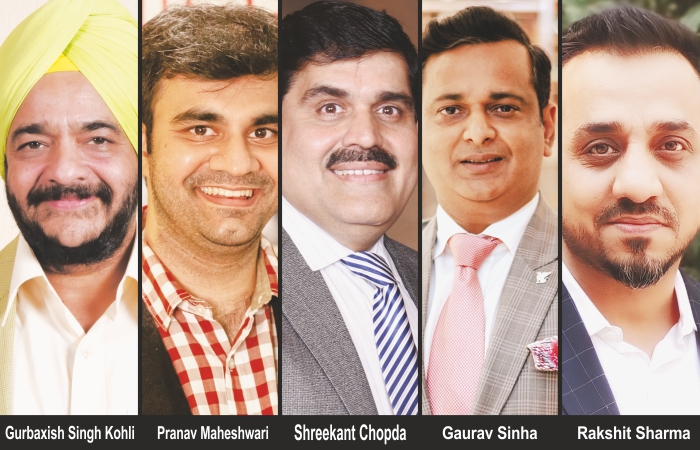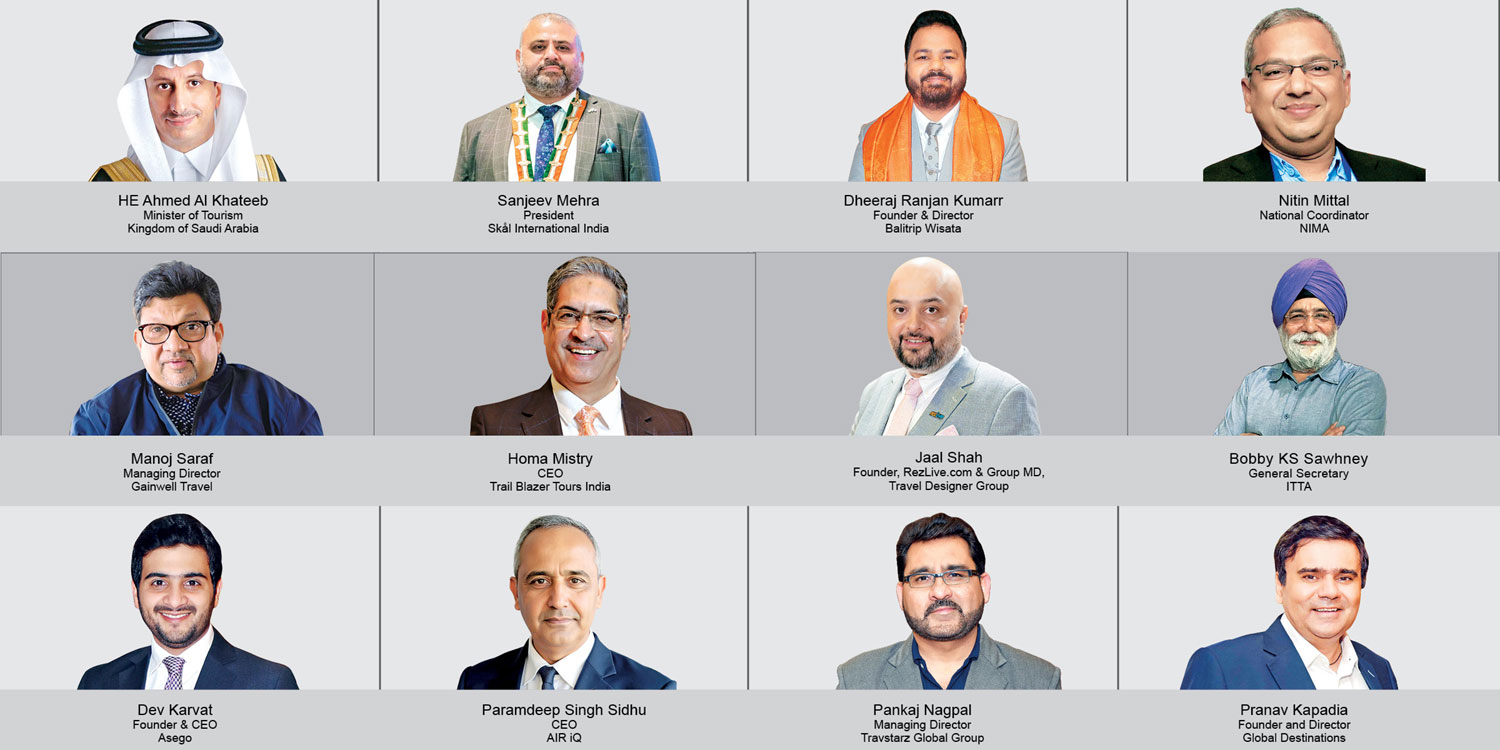Delhi HC’s order granting a stay on the CCPA’s recent guideline barring restaurants to levy service charge on customers come as a major relief to the hospitality industry. FHRAI had filed a writ petition in the matter.
TT Bureau
Restaurants are no longer barred from levying service charge, which comes as a big relief for the industry. It came about after the Federation of Hotel & Restaurant Associations of India (FHRAI) and other industry associations filed a petition in the Delhi High Court. Gurbaxish Singh Kohli, Vice President, FHRAI, says, “It was curtailing hospitality establishments’ right to conduct business in the manner suitable to them. As per the new order, all directions under the guidelines in para 7 have been stayed subject to no service charge to be levied on takeaways, and all restaurants shall prominently display in the restaurant that Service Charge shall be levied. FHRAI stated that it is entirely the prerogative of a hotel or a restaurant to decide on the structure of the menu and its pricing. Further, hotels are bound by wage contracts with employees, which specify benefits of service charge. The new guidelines are against the very grain of practicing business in a fair environment and erroneously proceed on the basis that Service Charge is akin to a tip and therefore optional. We are glad our employees shall continue to avail agreed benefits under service charge.”
Industry players speak out too. Pranav Maheshwari, Co-founder of StayVista, feels that service charge is essentially a part of the product or service a consumer has received and hence doesn’t seem unfair. “As a matter of fact, it is a universally accepted practice – prevalent not only in the hospitality sector, but also across other industries such as real estate, banking, e-commerce businesses, and even apps. However, unfortunately, the hotel industry has been singled out. Moreover, it is a mere guideline as a fixed amount isn’t dictated. We are and always will be loyal to our consumers, and we do not compromise on our services. Therefore, I don’t think adding a service charge to the final
bill is unethical.”
Service charge optional
Shreekant Chopda, Managing Director, Pushpam Group, says that the ban on service charge cannot be classified as good or bad as it was never about gaining or losing revenue from it. “The idea of service charge is to gain the value of serving and hospitality. It is exclusively and completely distributed among the direct and indirect staff involved in serving the customers. It should not affect any business or service as long as restaurants are doing it honestly. It should not affect any business as it is not primarily the extra revenue charged upon the principle amount. It was anyways optional for customers to pay service charge, hence making the leverage mandate was not necessarily a need. Just the consumer grievances methods for hotels that make it mandatory or embarrass consumers to pay the service charge were enough to deal with the matter,” he says.
Totally up to the guest
Gaurav Sinha, Hotel Manager, JW Marriott Hotel Bengaluru, believes service charge should not be mandatory. “It should be left up to the customers whether to pay or not depending on how satisfied they are with the services. It should be the experience that should drive the decision rather than by any enforcement of rule. I do not believe that it will have an impact on the F&B business at JW Marriott Hotel Bengaluru as we do not have the practice of charging service charges. We have always believed in extending services from our hearts, whether it’s food, room services or be it any another operation,” he says.
Convenience fee?
Service charge acts as an extra income for the staff, says Rakshit Sharma, CEO, Rester Hotels & Resorts. “Service charge is not imposed on any guests but it’s left as an option. Guest is clearly informed that service charge is voluntary. This ban wouldn’t have affected our business, but it would have affected the service staff who would have lost an important source of incentive,” he says.
 TravTalk India Online Magazine
TravTalk India Online Magazine





